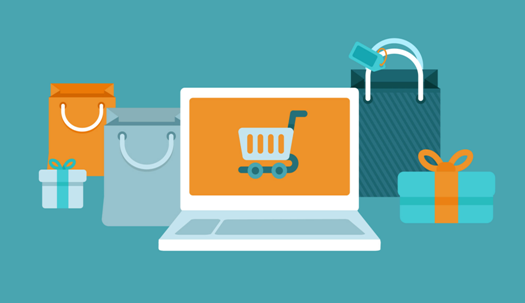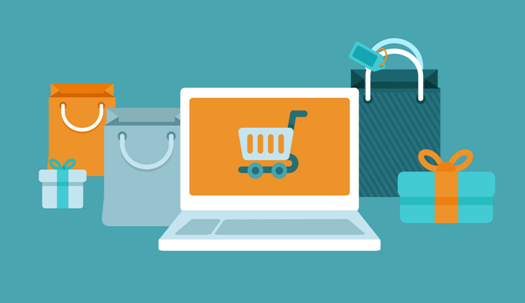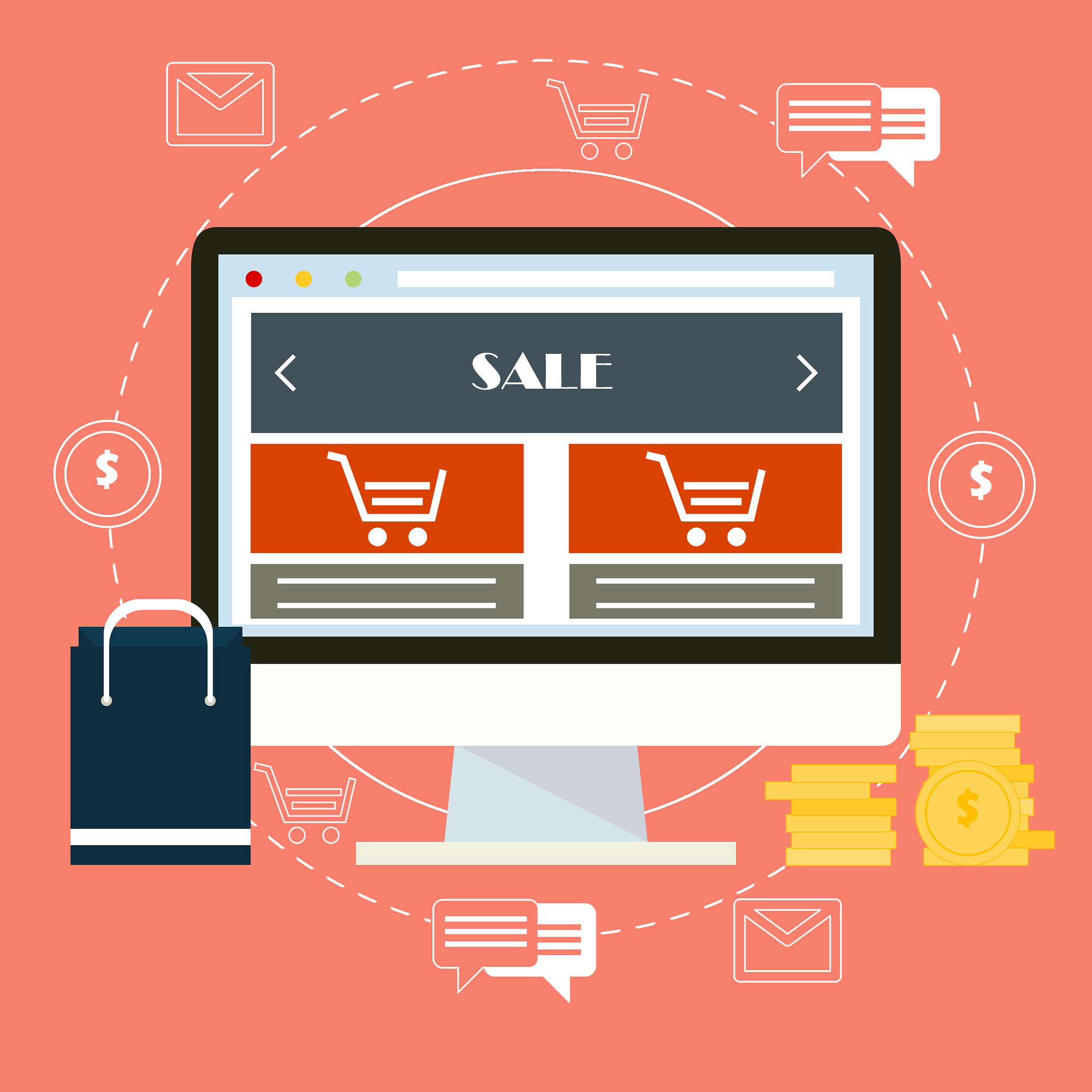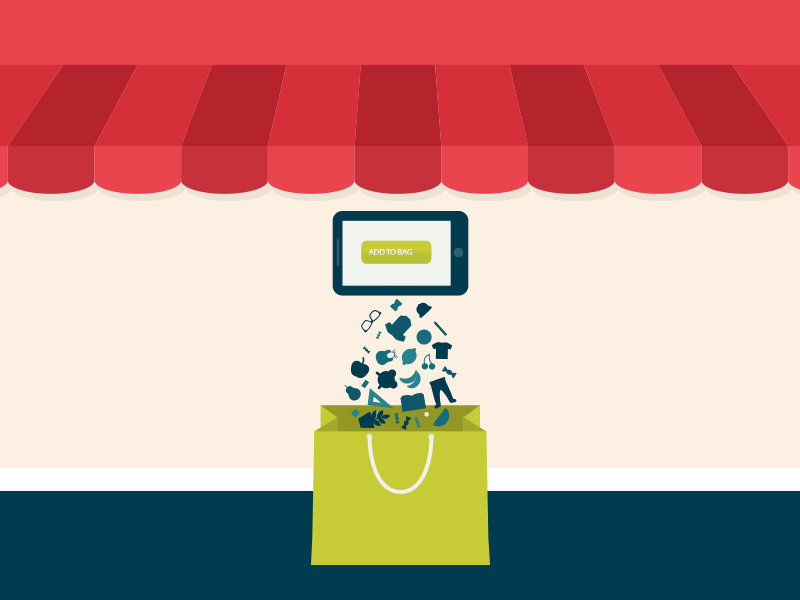Drupal Commerce - a good alternative to build an online store
Two essential components of any website is its design and responsiveness, especially while working on online retail stores like eCommerce websites....


Apart from those which are purely Internet-based, these days plenty of businesses with physical stores either have an online presence or are planning to establish one, and that makes sense as the opportunity to widen your audience and sales by providing an online sales outlet is immense.
The first thing to do is be clear about what kind of website you either have or are planning to have, as that could affect the type of hosting package you need. The most common types are:
However you plan to use an e-commerce website, what is 100% necessary is to choose a great hosting provider. Of course, that’s easy for us to say, and we know that actually being aware of what to look for and what to avoid are not areas everyone else is clued up about, so we have compiled a brief guide to help you make the best decision you can for your business.
If you are going to have an e-commerce site it’s important to get it right, preferably from day one, and the hosting provider and package you choose will be its backbone. You may have had some experience of hosting companies in the past, perhaps for a hobby site or blog, or you may already have something in place that you are looking to upgrade.
Whatever your situation, there are some things which are non-negotiable in a host for an e-commerce website. The following areas should all be given priority when you are researching what different hosting packages offer.
SSL certification for financial transactions should be available, along with other measures as necessary to protect personal data, and of course to keep your site as safe as possible when it comes to any type of cyber attacks. Potential customers will be looking for these things to feel reassured they are not at risk when spending money through your site.
Websites which are slow to load irritate browsers, and can easily lead to potential customers moving on to another site altogether. Things which can slow down your site include using a shared server or not having enough bandwidth available to deal with your content. Ideally you should prepare for this by opting for a private server but it’s still good to keep an eye on your average page speeds, and be ready to tackle any drops in service immediately.
Website users love to find a site which is easy to navigate, logical and not over-fussy or complicated. Look at your site with a critical eye – is there clear signposting to popular pieces of information like pricing, delivery, or checkout? You may need to invest in a host package offering a bigger memory if your site needs updating to make it user friendly.
Browsing potential customers look for clear, crisp images of the items or services for sale. These don’t need to be prize winning fancy, but they should be more professional than mere snapshots. However, images are one of the biggest culprits behind slow loading pages – so be aware. If your site has to be image-heavy then talk to your hosting service about how to avoid slowing it down.
The more ways you give people to pay the bigger your potential audience is. At the very least you need a site which has a good payment gateway, capable of accepting major credit and debit cards, and also options like PayPal. These three things are the minimum required to cater to both domestic and international customers. If you can add more options then that’s only a good thing.
As important as customer facing parts of your website are there’s plenty you need from a host to make sure the ‘back office’ works equally efficiently. Take a look at the main things you need to check out
It’s always important to know not just how much money you are making, but also how many views your site (in general and by individual pages) is getting, the bounce rate, the average time someone spends on each page, and the conversion rate - what percentage of visits lead to actual orders. Analyzing this information is how you can identify what is working well and which areas could be improved on.
You could have the most amazing website in the world, but if it is constantly down you won’t get the success you deserve. Private or dedicated servers are less likely to be disrupted, but still check out a hosting provider’s reputation in this area before making a commitment.
Ideally there will be several ways for you to contact tech or customer support if you need to, say by email, phone and live chat. Most hosting providers are clear about their support policies, so look for viability and response times, and keep in mind that a company based in another time zone may not be as convenient if 24/7 service is not on the table.
There’s definitely a lot to think about when choosing the right host for your e-commerce website, but the effort put into your search will pay off in the long term. To help you out, good hosting packages can be found at JavaPipe.
Need help with building your eCommerce website? Get in touch.

Two essential components of any website is its design and responsiveness, especially while working on online retail stores like eCommerce websites....

A number of mobile users have exploded the world with the addition of a new smartphone user in every passing second. This has opened up various...